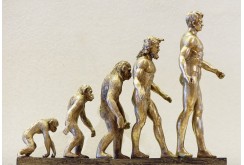We need global governance. The idea of world government is hardly new, of course. It’s an enduring dream that can be traced back at least to Bronze Age Egypt and the ancient Chinese Emperors. In the modern era, it has been espoused by many prominent people. Both the League of Nations and the United Nations, despite their limitations, were also incremental steps in this direction. However, in recent decades the traditional idea of a top-down world government has largely been replaced by the more complex, polycentric, democratic vision of “global governance” – a global system of limited self-governing regimes and cooperative action with respect to specific transnational problems and domains, rather than an overarching, unified, all-powerful political authority.





